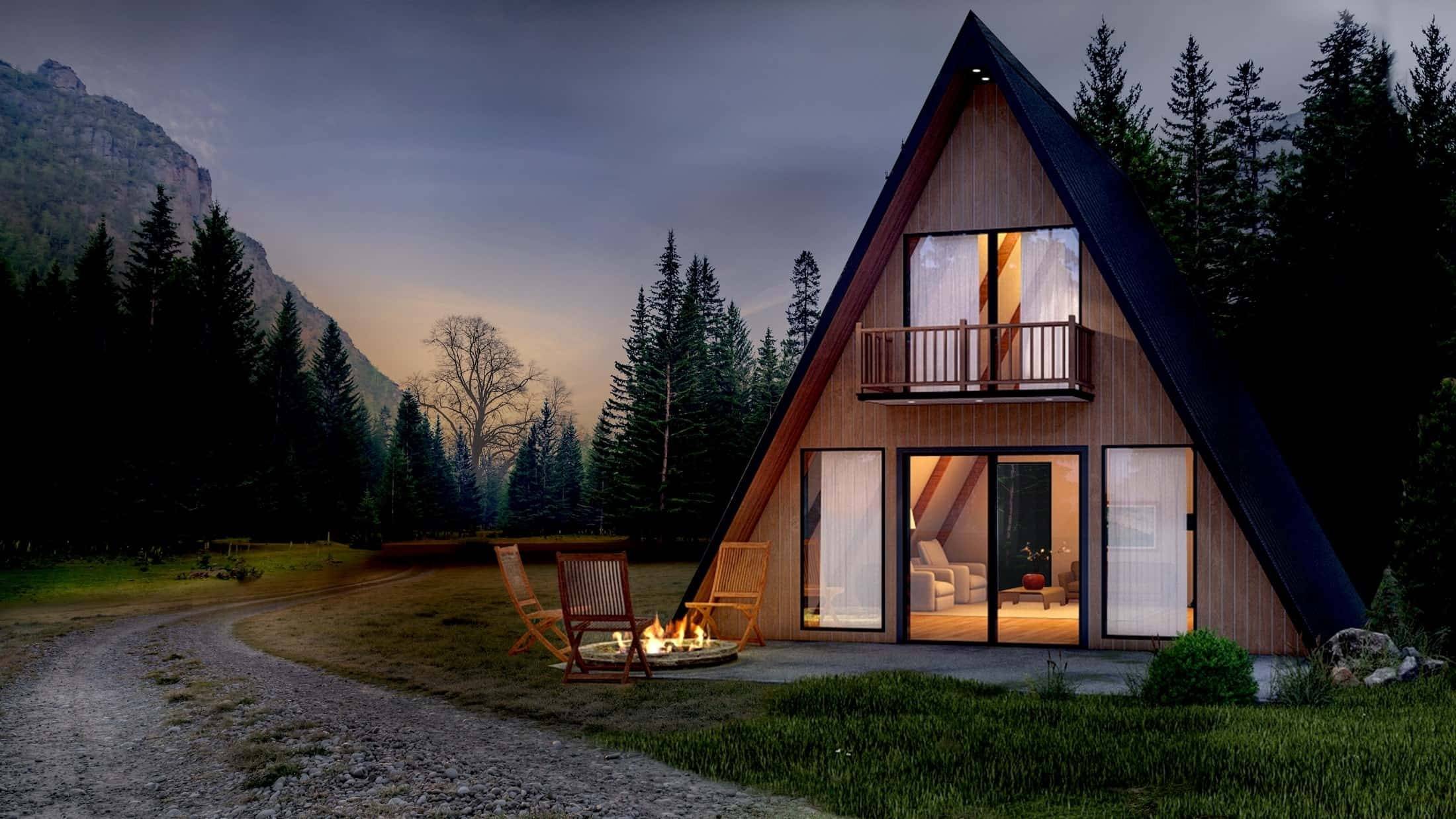
If you are a property owner, you should comprehend how to draft lease or rental arrangements. This legal file binds the landlord and the tenant. It's a guide for rental guidelines, conditions, provisions, responsibilities and rights.

In this post, we will go over how to make written lease contracts while remaining compliant with local laws and landlord-tenant laws! Keep on reading to make the most out of your occupancy as a property manager!

What is a Lease & Why is it Important?
A composed lease contract is a file defining policies, terms and disclosures of the rental resembling an agreement. It is the legally binding arrangement in between the renter and the proprietor. North Carolina lease arrangements normally cover a regard to 6 months to one year.
A domestic lease contract is a powerful document that can hold power in a courtroom. Should conflicts occur between landlords and tenants, you can refer to the leasing contract to assist you battle your case. If you just have a verbal arrangement with the tenant, it can be tough to safeguard your case.
You might believe that your relationship with the renter will always be smooth cruising. However, as a future security, a strong rental arrangement help in clarifying the conditions and lease term surrounding the home.
While it might be simple to search for and copy lease agreement design templates and samples from the web, creating your own permits you to personalize it to you and your renters own requirements.
Critical Things to Include in a Leasing Agreement
The following are the vital components to consist of in a rental agreement compliant with the North Carolina laws:
1. Title
Put "Lease Agreement" on the first page of the lease. Then, consist of headers to separate various sections of the lease. This will make it simple to scroll and look up particular subjects.
Some subjects you can discuss consist of in the lease arrangement:
- Leased Residential or commercial property
- Term
- Monthly Rent
- Utilities
- Security Deposit
- Occupancy
- Rights and Responsibilities of the Tenant
- Rights and Responsibilities of the Landlord
- Required Disclosures
- Termination of Leases
2. Provisions and Detailed Clauses
Next, require time to evaluate the vital points you want to point out in your North Carolina lease arrangements and arrangements and label them per classification. Ensure you put in appropriate information for each stipulation. The clearer the information, the easier your lease arrangement will be comprehended by the potential occupants.
Here are the arrangements and detailed clauses compliant with the North Carolina laws you might consider consisting of:
1. Leased residential or commercial property
Identify the residential or commercial property, occupant and landlord. Include the following in the lease agreement:
- Residential or commercial property name and address
- Residential or commercial property description
- Zoning type
- Tenant's complete name
- Tenant's contact details
- Landlord's full name
- Landlord's contact info
2. Rent Terms
This area needs to provide info on the rental duration.
3. Monthly Rent Amount
This clause supplies details on rent rate and rent payment date and overdue lease. It also provides details on modes of payment for lease such as cheques, electronic or cash order.
4. Utilities
This gives clearness on who is accountable for paying for the rental's utility costs whether it's the proprietor or renter.
5. Down payment
This provision gives details on the down payment, such as the quantity of security deposit a proprietor might collect and where it will be saved.
When the lease ends and there are damages outside of wear and tear, proprietors might subtract the expense of repair work from the down payment. You can outline the distinctions between wear and tear and extreme residential or commercial property damage so the renter is able to differentiate between the two if using their down payment.
The return of the security deposit need to be done within a particular number of days by the property manager. Tenants must know when they can anticipate the refund to occur after the tenancy ends.
6. Occupancy/ Subletting
This subject will information who is permitted to remain in the North Carolina rental residential or commercial property, as well as the how long guests are welcome to go to. It also points out if subletting is allowed.
7. Rights and Responsibilities of the Tenant
- Privacy rights according to the North Carolina laws.
- The tenants being accountable for keeping the unit damage-free.
- Restrictions, such as not changing the paint or wallpaper without authorization from the landlord.
- Whether occupants are required to have renter's insurance or not.
8. Rights and Responsibilities of the Landlord
Under this stipulation, here are a few of the things you can include as a landlord:

- The proprietor's task to keep the unit in a state of habitability.
- Repair amount of time when occupants report maintenance issues.
- Residential or commercial property entry.
- Notice period prior to residential or commercial property assessments.

To guarantee you're complying with the laws, we sure to verify the landlord-tenant laws for precision.
9. Disclosures
These are state-required and should be pointed out in the lease contract. Tenants need to understand crucial realities, such as the presence of lead paint or radon gas in the home.
10. Lease Termination
Under this stipulation, cancellation of the lease term is discussed.
It answers concerns on charges, offers alternative remedies and mentions the allowable duration for early termination. It likewise provides info on legally justified reasons for a property manager to terminate the lease agreement, including failure of the occupant to pay the lease, excess residential or commercial property damage or offense of the law.
3. Signatures
The lease contract is a legal file. Therefore, it must contain the signatures of all celebrations, along with the date of signing.
4. Addendums
An addendum is also called an appendix. These can be extra items that property owners can attach to the lease agreement.

You can speak about devices included with the rental, North Carolina rental residential or commercial property abandonment and its associated penalties, family pet charges and extended absence of the renter.
A lease agreement is vital for the property owner. Knowing how to make one from scratch will serve you and your renters well. Once you have a prepared one at your disposal, you can utilize it consistently and modify it to match the requirements of different rental systems or renters.








